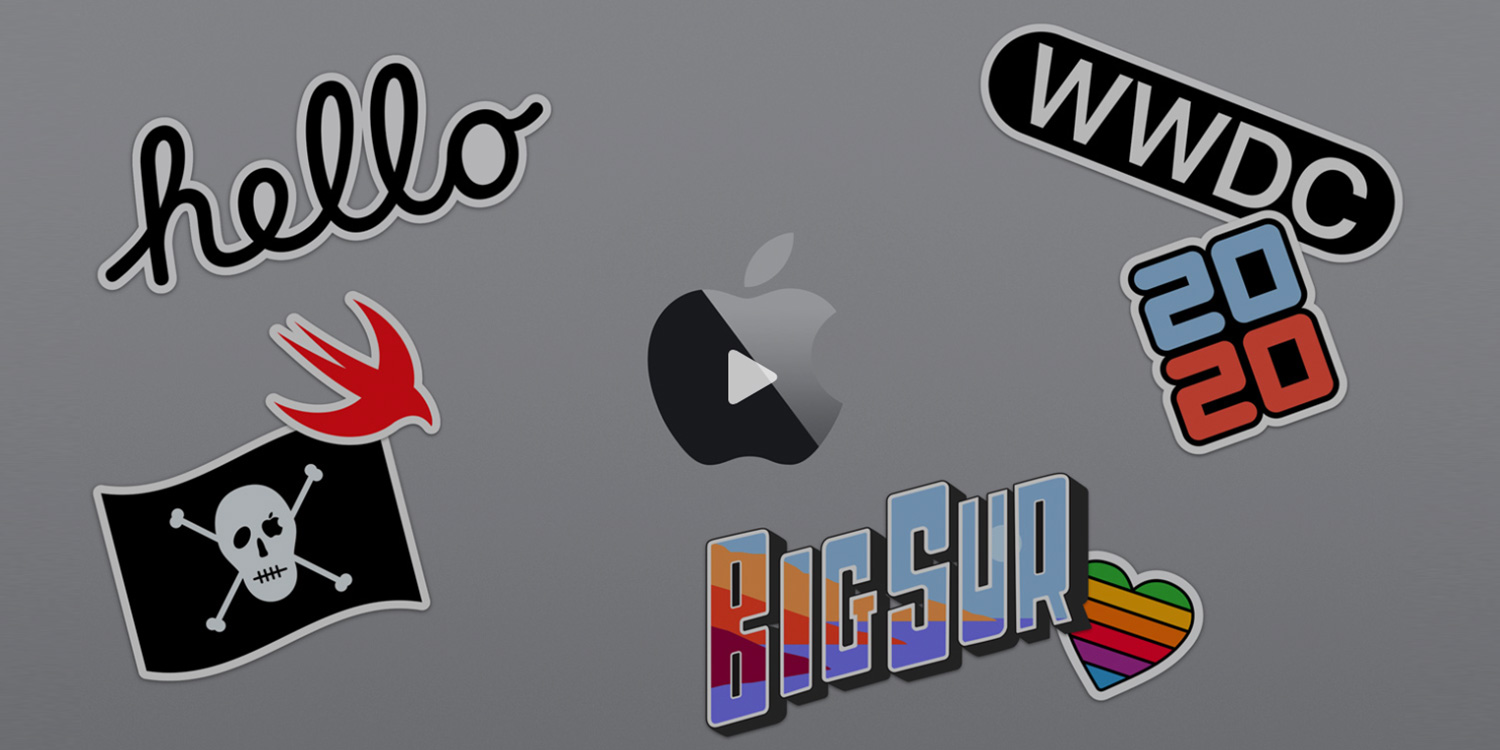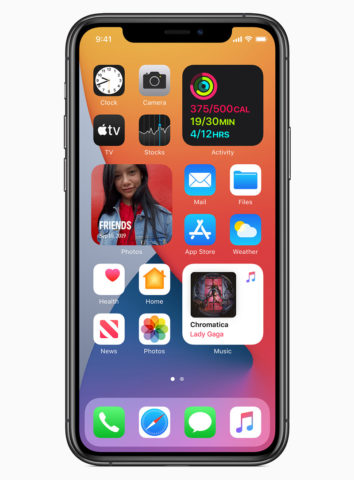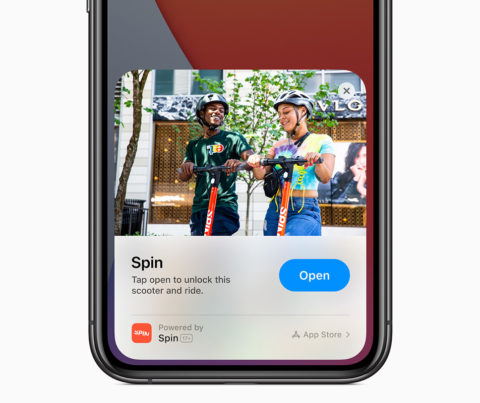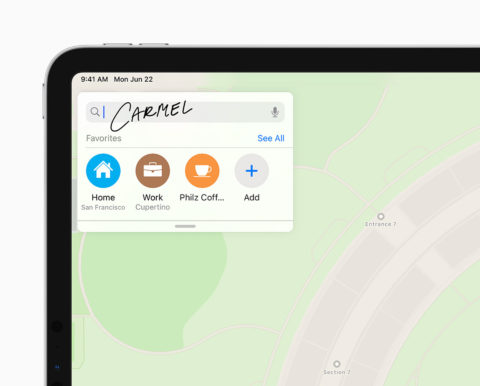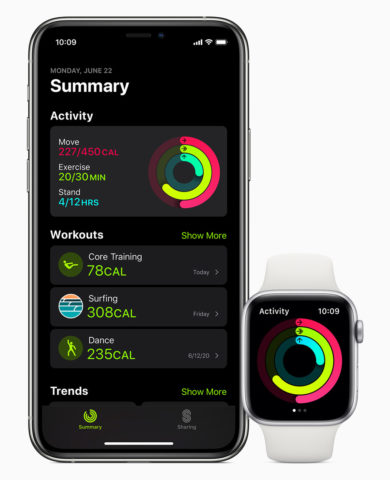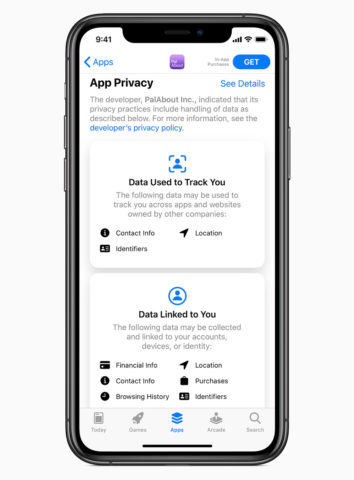Apple’s annual developer keynote has just come to a close, and boy is there a lot to talk about! The first fully-online WWDC had a different vibe than usual, with no audience in sight and Apple’s presentation team delivering polished pitches straight to camera from a variety of snazzy locations. No live stage gaffes to be seen this year, at least.
CEO Tim Cook kicked things off with a frank speech about the importance of demanding positive change in the world, taking a moment to both thank healthcare workers and show support for the black community.
Despite the change in tone, this year’s presentation was as packed as ever, running close to two hours and including a bunch of reveals – some of which we expected, others of which were a pleasant surprise. Though, spoiler: there’s still no redesign of Apple’s woefully out-of-date Notification Center.
We’ll bring you detailed analysis of all every last tidbit in due course, but for the moment, dig your teeth into 10 of the most important announcements from this year’s keynote.
1. Apple is finally revamping the Home screen
The iconic Home screen has barely changed since the very first iPhone, despite huge leaps in other departments. But this year Apple is finally taking some cues from Android and making the Home screen much more customizable and fluid. That means an all-new App Library that automatically sorts your apps into “intelligently curated” sections for easy access. It also means bigger, bolder, more data-rich widgets that can finally be pinned to your Home screen in amongst the apps.
2. Apple is giving Siri a certain je ne sais quoi
Siri has lagged behind its voice assistant rivals for some time, but this year Apple promises a major update. Siri requests no longer take up the entire screen, it understands context better than before, and even knows 20x more facts than it did three years ago. Most impressive is a new Siri-powered Translate app, designed to make it easier to have seamless voice conversations with somebody who speaks another language. Translations all takes place offline, which is great news for translation speed, data privacy, and your cell plan.
3. Apple is bringing back an old slogan
There’s an app for that. Back in the day, that motto helped usher in the age of the App Store. Now it’s being used to explain a new type of easily-accessible micro-experience. App Clips can be accessed through NFC, QR codes, or embedded in Maps, offering an essential chunk of an app you may not have installed for immediate access. That way you can collect loyalty points at a cafe, pay for takeout, hire a scooter, or any number of things without searching for, installing, and registering on the full app.
4. Apple hasn’t forgotten about travel
In this socially-distanced lockdown era, it’s easy to forget that once upon a time people used to go places and do things. In preparation for a brighter future, Apple has continued to rebuild its Maps app into a true contender for Google’s throne. The vastly-improved new maps unveiled last year are now available across the whole of America – with Canada, the UK, and Ireland coming later in 2020. Apple has also partnered with brands to produce city guides for Maps, and it’s introduced dedicated cycling directions for more environmentally friendly travel.
5. Apple is embracing handwriting
There were several improvements to iPadOS announced, including various “changes to the design language of iPad” alongside a new Universal Search interface for everything from launching apps, finding websites, and looking within apps like Notes – all at once. But most exciting was the new writing features for Apple Pencil, including impressive handwriting recognition tools and a Scribble function that allows users to handwrite straight into text boxes.
6. Apple is making AirPods more magical
Apple says its users love the “magical experience” of AirPods, and it’s hard to argue given the wireless headphones’ incredible popularity. Two new features dial in on that magical feeling even further. Firstly, AirPods will soon be able to automatically switch between your devices, a feature we’ve long been hoping for. Secondly, if you’re lucky enough to own a pair of AirPods Pro, Apple is adding a complicated “spatial audio” feature to simulate immersive surround sound. Neat!
7. Apple has made the Watch even better for fitness
Apple Watch users will be pleased to see more choices incoming for watch faces and complications, but health and activity tracking has always been one of the device’s biggest strengths. This year it’s adding smart workout tracking for dance, core training, functional strength training, and cooldowns. Apple is so invested in fitness, it’s even renamed the Activity app “Fitness” alongside a data-heavy facelift. Meanwhile, Apple Watch is finally getting sleep tracking capabilities that expand on the existing Bedtime feature.
8. Apple is working with its rivals on the smart home
Apple wants to make it easier for smart home gadgets from all manner of companies to work together. As such, it has partnered with Amazon, Google, and a host of others to open up the smart home with open source technologies. The Home app is better at automation; adaptive lighting automatically changes the color and intensity of your smart bulbs throughout the day; and HomeKit secure video means video doorbells and security cams are more intelligent than ever, with added security and advanced facial recognition.
9. Apple is still dedicated to privacy
Privacy has long been a differentiating factor between Apple and its competitors, and this year Apple is taking that responsibility further. It says “privacy is a fundamental human right,” and as such, all its software follows a suite of guidelines to protect the user. In iOS 14, you’ll be able to share your approximate location with an app instead of your exact location; you’ll see an indicator if an app has recently accessed the camera or mic; you’ll be able to upgrade existing app accounts to use Sign in with Apple; and developers will be forced to display their privacy policies front and center on their App Store pages.
10. But wait, there’s more…
We think those are the most important takeaways from today’s keynote, but Apple announced a ton of other stuff too. Messages is now more like WhatsApp; Memoji can wear face masks; Apple Watch will help you wash your hands; there’s a hot new Isaac Asimov sci-fi coming to TV+; multi-user support for Arcade is coming to Apple TV; the next version of macOS is called Big Sur; and Apple has finally ditched Intel’s Mac processors in favor of its own A-class processing chips for the Mac. That last one is a very big deal for the future of the Mac.
All these software updates will go through beta testing over the summer, and are all slated for full public release this Fall. Usually that means September, but if the current pandemic forces Apple to push back its annual iPhone release we might see its software delayed too.
